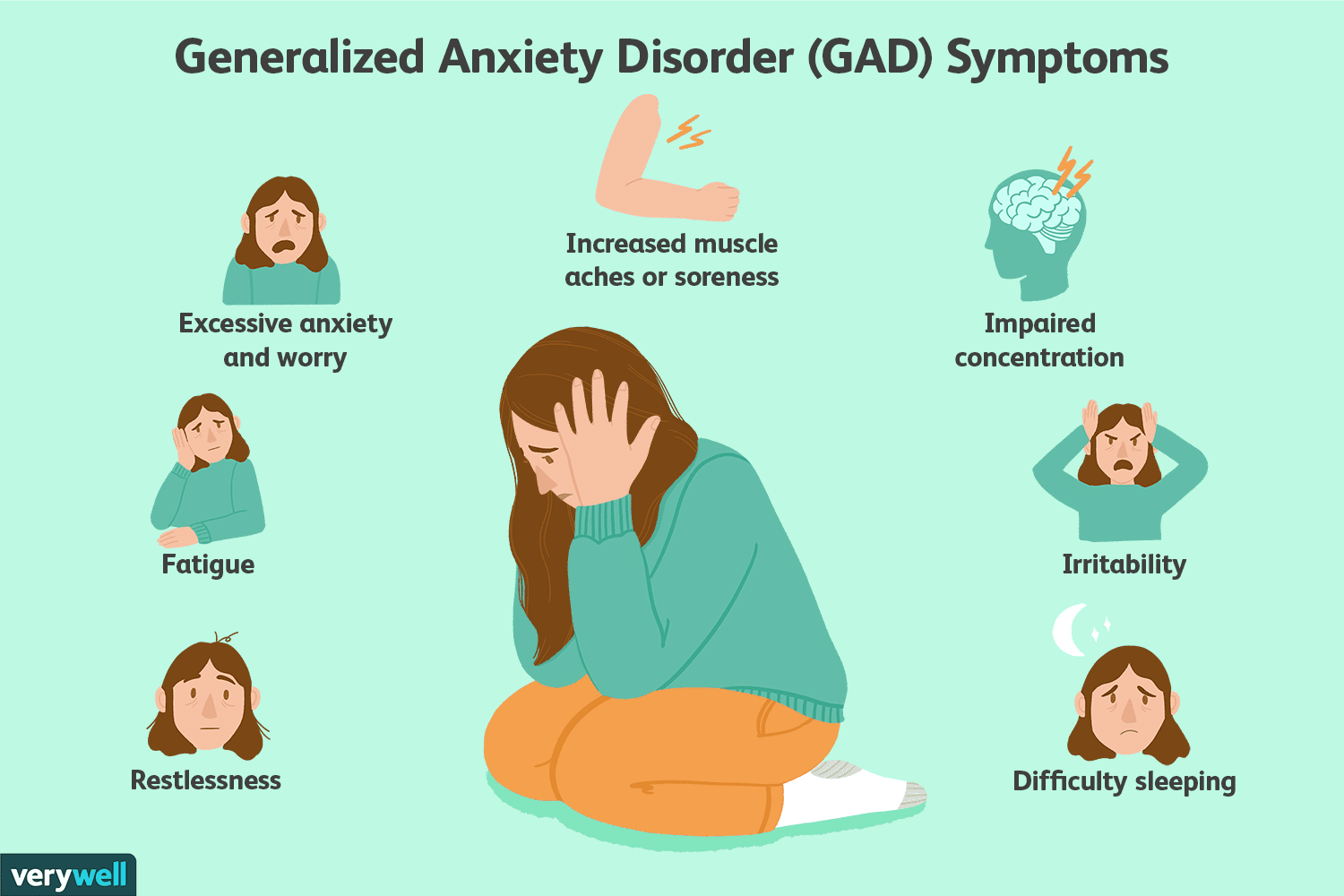Introduction:
Anxiety, often portrayed as the villain lurking in the shadows of our minds, is a prevalent and sometimes overwhelming experience for many individuals. While it's normal to feel anxious from time to time, especially in stressful situations, chronic or excessive anxiety can significantly impact our mental health and overall well-being. In this article, we delve into the realm of anxiety, exploring its causes, effects, and most importantly, strategies for nurturing mental wellness beyond the panic.
Understanding Anxiety
Anxiety is a natural response to stress or perceived threats, activating the body's fight-or-flight mechanism to prepare us for danger. However, when anxiety becomes chronic or disproportionate to the actual threat, it can disrupt our daily lives and impair our ability to function effectively. Anxiety disorders, such as generalized anxiety disorder (GAD), panic disorder, social anxiety disorder, and specific phobias, are characterized by persistent and excessive worry, fear, or apprehension.
The Impact of Anxiety
The impact of anxiety extends far beyond fleeting moments of nervousness.Therapy, particularly cognitive-behavioral therapy (CBT), is one of the most effective treatments for anxiety disorders. It can infiltrate every aspect of our lives, affecting our relationships, work, academic performance, and physical health. Individuals with anxiety may experience difficulty concentrating, irritability, sleep disturbances, and physical symptoms such as rapid heartbeat, sweating, and muscle tension. Left unchecked, anxiety can lead to more severe conditions such as depression, substance abuse, and even suicidal thoughts.
Identifying the Root Causes
To effectively address anxiety, it's essential to identify its root causes. While genetics and brain chemistry play a role in predisposing individuals to anxiety disorders, environmental factors and life experiences also contribute significantly. Traumatic events, chronic stress, childhood adversity, and certain medical conditions can all increase the risk of developing anxiety disorders. Additionally, personality traits such as perfectionism, low self-esteem, and a tendency to overthink or catastrophize can exacerbate anxiety symptoms.
Navigating Treatment Options
Fortunately, anxiety is a highly treatable condition, and various interventions can help individuals manage their symptoms and improve their quality of life.. CBT helps individuals identify and challenge irrational thoughts and beliefs, develop coping strategies, and gradually confront feared situations.
Medications, such as selective serotonin reuptake inhibitors (SSRIs) and benzodiazepines, may also be prescribed to alleviate symptoms of anxiety. However, medication should be used judiciously and under the supervision of a qualified healthcare provider, as it may carry risks of side effects and dependency.
In addition to traditional treatments, complementary and alternative therapies such as mindfulness meditation, yoga, acupuncture, and herbal supplements have shown promise in reducing anxiety symptoms. These holistic approaches focus on promoting relaxation, stress reduction, and overall well-being, complementing conventional treatments to provide a comprehensive approach to mental wellness.
Embracing Self-Care Practices
Incorporating self-care practices into daily life is essential for managing anxiety and nurturing mental wellness. Self-care encompasses a wide range of activities that promote physical, emotional, and spiritual well-being, helping individuals cultivate resilience and cope with stress more effectively. Some self-care practices that can benefit individuals with anxiety include:
Prioritizing Sleep:
Getting an adequate amount of quality sleep is crucial for mental health and resilience. Establishing a regular sleep schedule, creating a relaxing bedtime routine, and minimizing screen time before bed can improve sleep quality and reduce anxiety.
Engaging in Physical Activity:
Regular exercise is a powerful antidote to anxiety, releasing endorphins and reducing stress hormones in the body. Whether it's going for a brisk walk, practicing yoga, or hitting the gym, finding enjoyable ways to stay active can significantly improve mood and overall well-being.
Nourishing the Body:
Eating a balanced diet rich in fruits, vegetables, whole grains, and lean proteins provides essential nutrients that support brain health and mood regulation. Avoiding excessive caffeine, sugar, and processed foods can help stabilize energy levels and reduce anxiety symptoms.
Practicing Mindfulness:
Mindfulness involves paying attention to the present moment with openness, curiosity, and acceptance. Mindfulness practices such as meditation, deep breathing exercises, and body scans can help individuals cultivate a sense of calm, reduce rumination, and increase self-awareness.
Setting Boundaries:
Learning to say no and establishing healthy boundaries in relationships and commitments is essential for protecting mental health and preventing burnout. Prioritizing personal needs and allocating time for relaxation and leisure activities can help individuals recharge and reduce anxiety.
Cultivating Supportive Relationships
Social support is a critical factor in promoting mental wellness and resilience. Building strong connections with friends, family members, and support networks can provide a sense of belonging, validation, and emotional support during challenging times. Sharing experiences, seeking advice, and offering encouragement to others can foster a sense of community and reduce feelings of isolation and loneliness.
Breaking the Stigma
Breaking the stigma surrounding mental health is essential for creating a more supportive and inclusive society. By openly discussing anxiety and other mental health issues, we can challenge misconceptions, promote empathy, and encourage individuals to seek help without fear of judgment or discrimination. Education, awareness campaigns, and advocacy efforts play a crucial role in reducing stigma and promoting understanding and acceptance of mental health conditions.
Conclusion:
In conclusion, while anxiety may feel overwhelming at times, it is possible to nurture mental wellness beyond the panic. By understanding the nature of anxiety, identifying its root causes, and embracing a holistic approach to self-care, individuals can learn to manage their symptoms effectively and live fulfilling lives. Remember, you are not alone, and help is available. Together, we can break the stigma surrounding mental health and cultivate a more compassionate and supportive community.




